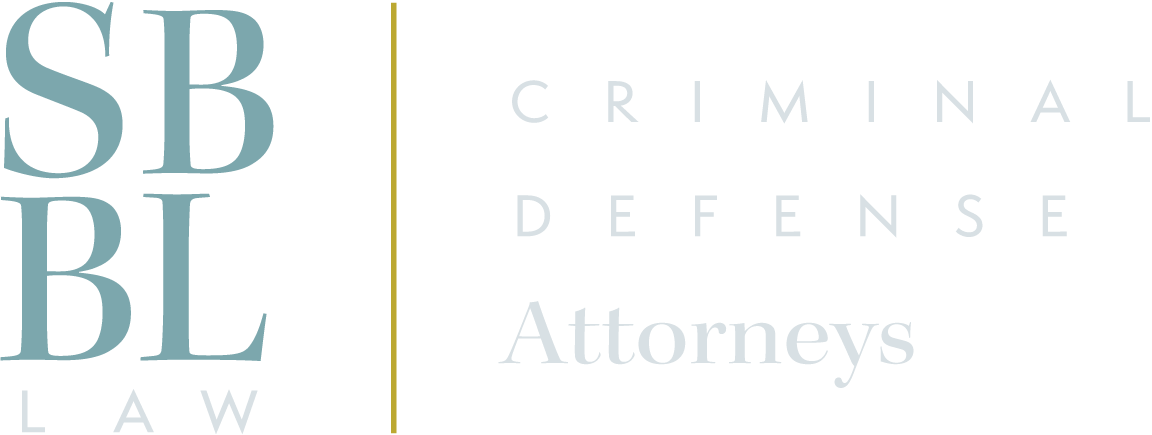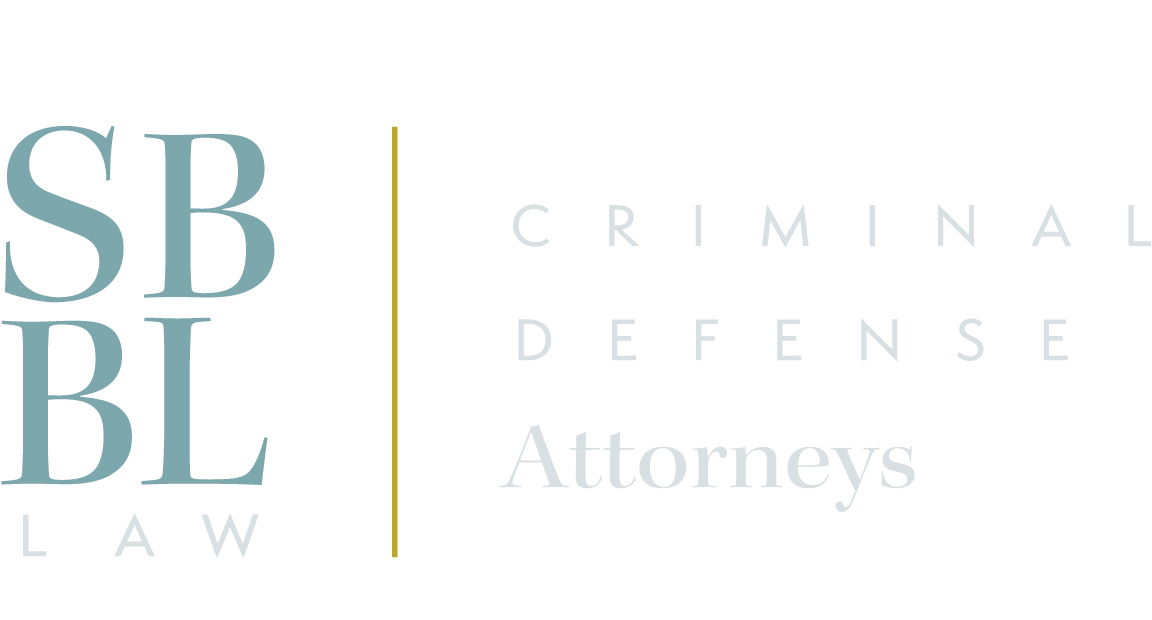WHITE-COLLAR CRIME CHARGES
▼ Tax Fraud & IRS Investigations
▼ Healthcare Fraud
▼ Other Financial Crimes
▼ Environmental Offenses
W H A T W E D O
Our white-collar crime practice group leverages experience as former federal prosecutors and former FBI Special Agents to defend clients in state investigations throughout Michigan and federal cases nationwide. Our team represents clients facing investigations into tax fraud, healthcare fraud, bank fraud, wire fraud, benefits fraud, and other types of financial crimes.
Our Approach
Our approach in state and federal white-collar criminal cases involves guiding our clients from the first knock on the door through the final stages of a criminal case. Working with clients from the first stages of the investigation maximizes our ability to understand the investigation, collect evidence, disprove the government’s theory, and avoid prosecution from the outset. The early stages of a complex white-collar case can be lengthy, and the unknowns are stressful. Our attorneys have extensive experience as former federal prosecutors and former FBI agents putting together complex financial investigations for the government. That experience gives us an unparalleled ability to understand the direction of the investigation and the potential charges, and it offers us unique credibility in defending against and negotiating with the government for a favorable resolution. Whether a case is being investigated by the IRS, FBI, the Social Security Administration, or other state or federal law enforcement agencies, we understand what investigators are looking for and how to combat their case.
Our attorneys regularly defend clients in complex white-collar federal cases nationwide. We have successfully negotiated healthcare fraud cases down to probation sentences, obtained below-guidelines sentences in federal tax evasion cases, and assisted clients in avoiding federal charges altogether in the face of bank fraud and mortgage fraud allegations. We regularly partner with former IRS and other federal agents to help investigate the case from our side, combing through sometimes hundreds of thousands of pages of records and bringing a level of expertise not available to many law firms.
White-Collar Crime Charges
Tax Fraud & IRS Investigations
Our white-collar criminal defense team handles complex federal tax fraud and IRS investigations. These cases often involve cumbersome demands for records through search warrants and subpoenas, years-long investigations, and lengthy attempts to negotiate an offer in compromise with the IRS. Our team understands the nuances and differences in tax evasion, evasion of payment, evasion of assessment, failure to pay, and failure to file. Whether facing insurmountable individual back taxes or complex corporate tax liability, our clients turn to SBBL Law to guide them from the first hint of a criminal investigation to avoid and mitigate criminal liability.
T E A M L E A D E R
Criminal Defense Attorney, Partner
616-458-5500
matt@sbbllaw.com
Matthew Borgula
Healthcare fraud has garnered increasing attention from law enforcement at the state and federal levels. Doctors and healthcare practitioners who bill Medicare, Medicaid, Blue Cross Blue Shield, and other insurance providers are at risk of state and federal investigations into healthcare fraud. These investigations can focus on allegations of performing unauthorized procedures, billing for procedures not performed, billing coding errors, upcoding, duplicate claims, and kickbacks.
Our attorneys are well-versed in complex healthcare fraud cases. We handled one of the largest healthcare fraud cases in the history of the US Department of Justice, which involved years of investigation and negotiations, a civil False Claims Act case, forfeiture, money laundering, and hundreds of thousands of pages of medical records and billing. We also successfully navigated a pre-indictment resolution for a doctor accused of healthcare fraud via upcoding over a six-year period, resulting in a below-guidelines federal sentence of probation. Our team understands the high financial, personal, and professional stakes for providers accused of healthcare fraud. Clients facing healthcare fraud allegations in federal cases nationwide turn to our team for unrivaled federal expertise.
Healthcare Fraud
T E A M L E A D E R
Criminal Defense Attorney, Partner
616-458-5500
matt@sbbllaw.com
Matthew Borgula
Other Financial Crimes
In addition to tax fraud, IRS investigations, and healthcare fraud, our white-collar crime practice group works to defend other professionals from allegations of financial fraud, including:
Bank fraud
Wire fraud
Mortgage fraud
Identity theft
Money laundering
Bankruptcy fraud
Embezzlement
Our team has the highest chance of success when clients involve us early. Understanding the investigation from the outset increases the possibility of avoiding charges and navigating a favorable resolution for our clients.
T E A M L E A D E R
Criminal Defense Attorney, Partner
616-458-5500
matt@sbbllaw.com
Matthew Borgula
Environmental Offenses
The U.S. Department of Justice (DOJ) is placing increasing attention on environmental offenses by corporations. Our attorneys leverage their experience as federal former prosecutors, former Army JAG officers, and former FBI Special Agents to work with clients facing federal investigations, regulatory issues, and criminal and civil penalties by the DOJ.
T E A M L E A D E R
Criminal Defense Attorney, Partner
616-458-5500
matt@sbbllaw.com
Matthew Borgula
Frequently Asked Questions
-
Ask the Agent to show you their credentials. If they are from the “Criminal Investigations Division” or “CID,” then you should politely decline to answer any questions and call an attorney immediately, after getting their card, which they must provide to you. If they are not a criminal investigator, ask them the purpose of their visit and then tell them that you will contact them in the future to set up a meeting.
-
No. Contact a lawyer before calling them back. Remember, anything you say can and will be used against you in a court of law. Let your attorney figure out what the purpose of the visit is.
-
Maybe, but it might also mean that you are under criminal investigation. The IRS seldom stops collection activity until the matter is resolved. Further, the IRS will stop collection activity if your case has been “flagged” for criminal investigation, so that the collection efforts do not impede the investigation.
-
No. The IRS-CID agents are notoriously slow in completing their investigations since they have so many layers of approval before any charges are brought. The statute of limitations for most criminal tax charges is six years from the date of the last occurrence supporting the charge, usually a tax filing.
-
No. Call a knowledgeable attorney right away to discuss whether they should intercede on your behalf. The IRS civil division will rarely, if ever, accept or reject an Offer In Compromise once a criminal investigation is pending.
Tax Fraud & IRS Investigations
Healthcare Fraud
-
Most healthcare fraud investigations and prosecutions start with investigators or attorneys looking to recover damages by mining health care claims data. If a provider’s practice is an outlier compared to other practices in the same field of medicine in the same area, investigators will look closer to see whether there could be fraud.
-
If any state or federal agent or regulator knocks on your door seeking to ask “just a few questions,” call a lawyer immediately. Be respectful and polite and do not think that a lack of an immediate response will somehow make you look guilty of a crime. Do not ask the agent or officer if you need a lawyer. Law enforcement officers cannot give you legal advice and are even permitted to lie to you under the law. You should only speak with an agent or officer after you have had the chance to speak to a lawyer.
-
No. Mistakes are not crimes, even if you were negligent in making them. It is only a crime when you knowingly submit a false claim, typically for services that you did not provide, or for over-billing for services. This does not mean, however, that if you tell investigators that a billing error was just a mistake, they will go away. If you are under investigation, law enforcement officers presume that any mistakes you made were done with knowledge. This is why it is essential that you call a qualified health care attorney before speaking with anyone about the investigation.
PPP Loan Fraud
-
Yes. The government handed out billions of dollars quickly and without the usual deliberate loan application process. As a result, the government believes that a significant portion of the loan proceeds were obtained through fraud. The government is now sorting through those loans and determining whether a given individual or entity could be investigated for PPP Loan fraud. The government is looking for loans over a threshold amount, usually over at least $250,000 depending on the jurisdiction, and for those loans that are clearly fraudulent, e.g., loan applications that list fake companies or employees.
-
No. Mistakes are not crimes, even if you were negligent in making them. It is only a crime when you knowingly make a false statement on a PPP loan application or request for forgiveness. This does not mean, however, that if you tell investigators that you simply made a mistake, they will believe you. If you are under investigation, law enforcement officers presume that any mistakes you made were done with knowledge. This is why it is essential that you call a qualified PPP loan fraud attorney before speaking with anyone about the investigation.
Money Laundering
-
There are several types of money laundering. The primary type is “concealment money laundering” under 18 U.S.C. § 1956. It is a crime to knowingly take the proceeds of a crime and then execute financial transactions for the purpose of concealing and disguising the true nature of the proceeds. Cash businesses are often used for concealment money laundering. Another type of money laundering is the “spending statute” under 18 U.S.C. § 1957. It is a crime to knowing take the proceeds of a crime and make a purchase in the amount of more than $10,000, whether or not you conceal it.
-
No. Concealing money from creditors is not money laundering, unless the money is the proceeds of a crime. The concealed assets must be ill-gotten gains.
Civil Forfeiture
-
The government can and does seize property that it believes represents the proceeds of a crime or that facilitated a crime. The government must show a judge that there is probable cause to believe that the asset constitutes the proceeds of a crime or facilitated a crime before obtaining a seizure warrant.
-
There are very strict deadlines on filing a claim to the seized property. Contact an attorney who specializes in forfeiture law to learn those deadlines. If you do not meet the forfeiture claim deadlines, the government may administratively forfeit your property without a hearing.
-
Technically, no, but the government can place a lien in the chain of title to encumber the property so you cannot sell it. The only way to know is to run a title search on your property.
Bank & Institutional Fraud
-
We represent individuals charged with bank fraud. Examples of bank fraud include forged endorsements, false statements on loan applications, and misrepresenting assets and expenses to obtain a loan.
-
A suspicious activity report or “SAR” is a report created by a bank when a banking customer makes a suspicious transaction. Nearly all financial institutions have a Bank Secrecy Act and Anti-Money Laundering department tasked with ensuring compliance with bank regulations. Large or structured transactions inconsistent with prior banking activity might cause the bank to file a SAR. The SARs are submitted to FINCEN, a federal agency that acts as a database for federal agencies, which can mine the SARs for information about potential targets of investigation.
-
“Structuring” is making cash deposits or withdrawals in amounts under a reporting requirement (usually $10,000) for the purpose of avoiding the filing of a currency transaction report or other currency tracking form.
Offenses on Federal Land & Indian Country
-
Call an attorney. The rules for federal DUIs are completely different. Many DUIs on federal land also do not have the same licensing consequences.
-
It depends on the treaty between the United States and the Tribe. Most felonies on tribal lands are prosecuted by the U.S. Attorney’s Office.
Federal Investigations
-
The U.S. Attorney’s Manual, also known as the Justice Manual, is the guidebook for federal prosecutors and contains all procedures for prosecution promulgated by the Department of Justice.
-
Each U.S. Attorney’s Office has individual prosecution guidelines that are unique to their district. Those guidelines are generally driven by the quantity of criminal activity. For example, a district might have a $500,000 minimum loss threshold before pursuing a fraud case.
Contact Our Team
The attorneys at SBBL Law are experienced, knowledgeable, and dedicated to handling white-collar crimes and corporate offenses. Call us for a free evaluation and consultation.













